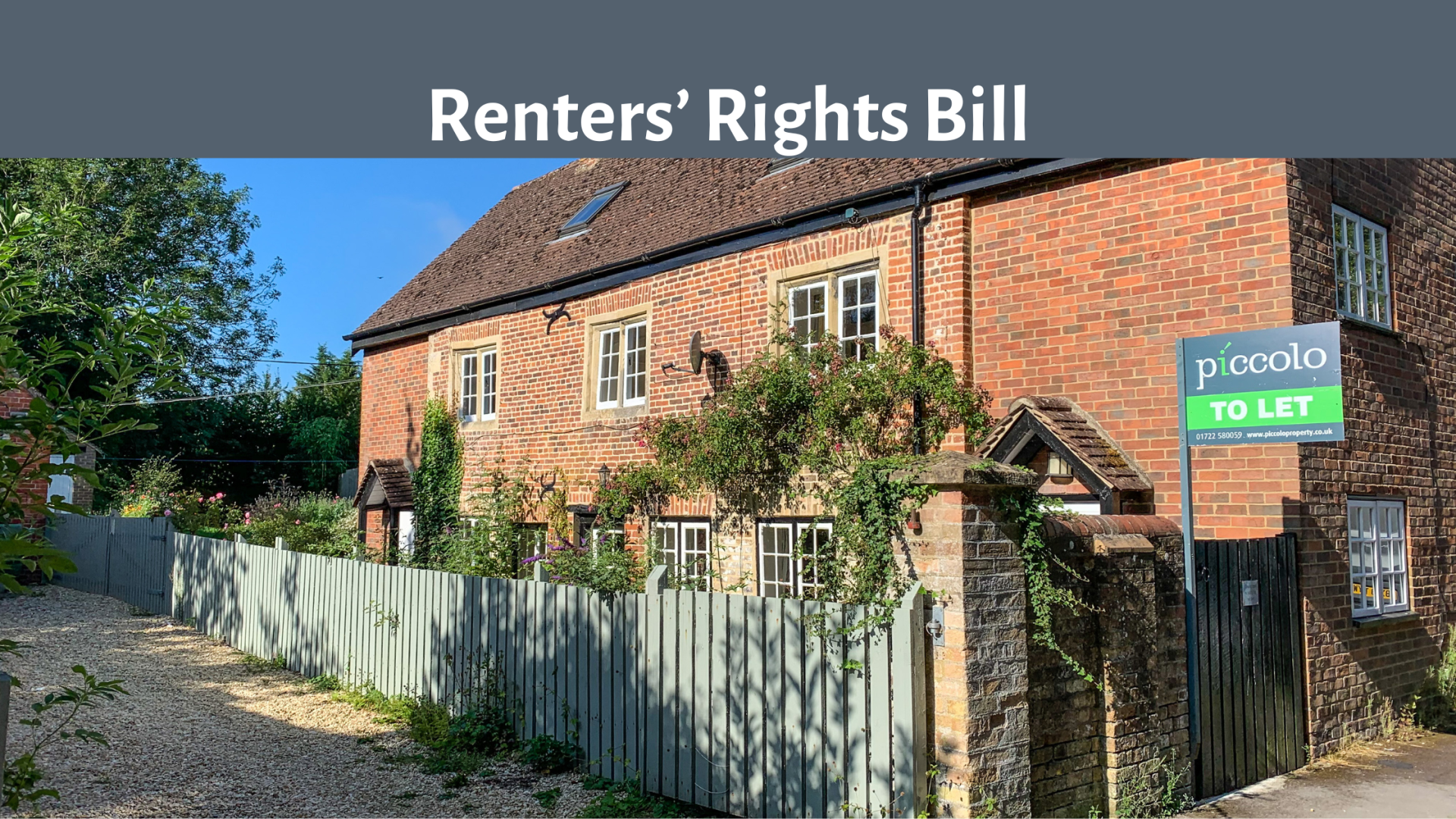The Renters' Rights Act comes into force on 1st May 2026 and is set to bring major changes to the private rental sector. One of the most contentious changes is the restriction on landlords taking more than one month’s rent in advance. While the Act aims to make renting fairer for tenants, it raises concerns for landlords who rely on advance payments to mitigate risk, especially where a tenant has a limited credit history or fails standard referencing checks.
Why Do Some Landlords Require Rent in Advance?
Currently, landlords may ask for several months of rent in advance in situations where a tenant does not meet the standard referencing criteria. This could include:
• Self-employed tenants with variable incomes who may struggle to demonstrate financial stability.
• Tenants with low credit scores who may be seen as a higher risk for missed payments.
• Students or first-time renters without a rental history or steady income.
• Tenants relocating from abroad who may lack UK-based financial records or references.
By limiting advance rent payments to one month, landlords lose an important tool for mitigating financial risk. This could result in fewer rental opportunities for tenants who do not meet standard referencing criteria.
Who Will Be Most Affected?
This policy change is likely to impact:
1. Tenants with no or low credit scores - these renters may struggle to secure housing without an alternative way to reassure landlords of their ability to pay.
2. Self-employed or freelancers - those with irregular incomes could face difficulties if landlords are unwilling to take a perceived financial risk.
3. International tenants - without UK credit histories or references, some landlords may be reluctant to rent to those moving from abroad.
4. Students - many rely on paying upfront due to a lack of income, or because they prefer to pay their rent in line with payment of their allowances to avoid spending all their funds on beer!
Alternatives to Taking Rent in Advance
To comply with the new legislation while still protecting their financial interests, landlords may need to explore alternative options:
1. Guarantors
Landlords can require a guarantor, typically a financially stable relative or friend, who agrees to cover the rent if the tenant defaults. This is already common practice for students and young renters.
2. Comprehensive Tenant Referencing
Using a professional referencing service can help assess a tenant’s creditworthiness, employment stability, and rental history. However, more often than not, the tenants who tend to pay several months’ rent in advance, are the ones who won’t pass referencing.
3. Rent Guarantee Insurance
This type of policy protects landlords by ensuring they receive rent payments even if a tenant defaults. While it comes at a cost, it can offer security in the absence of large advance payments. However, in most cases, a professional reference is required before Rent Guarantee will be offered.
5. Regular Property Inspections
Frequent check-ins can help ensure tenants are maintaining the property and meeting rental obligations, reducing the risk of financial loss.
6. Flexible Payment Agreements
Landlords could consider bi-weekly rather than monthly rent payments or adjusting due dates to align with tenants' income schedules to reduce payment risks.
The Bigger Picture
While the ban on advance rent payments is designed to make renting more accessible, it also risks making it harder for certain tenants to secure housing.
Managing rentals is tough enough, add new leglistaltion and it's even trickier. If you're in Wilton, Salisbury, Warminster, or Amesbury, we're here to guide you through the Renters' Rights Act with honest, no-nonsense advice. Have a read through our blogs for answers and updates, or contact us directly to chat: 01722 580059 or info@piccoloproperty.co.uk






Share this with
Email
Facebook
Messenger
Twitter
Pinterest
LinkedIn
Copy this link